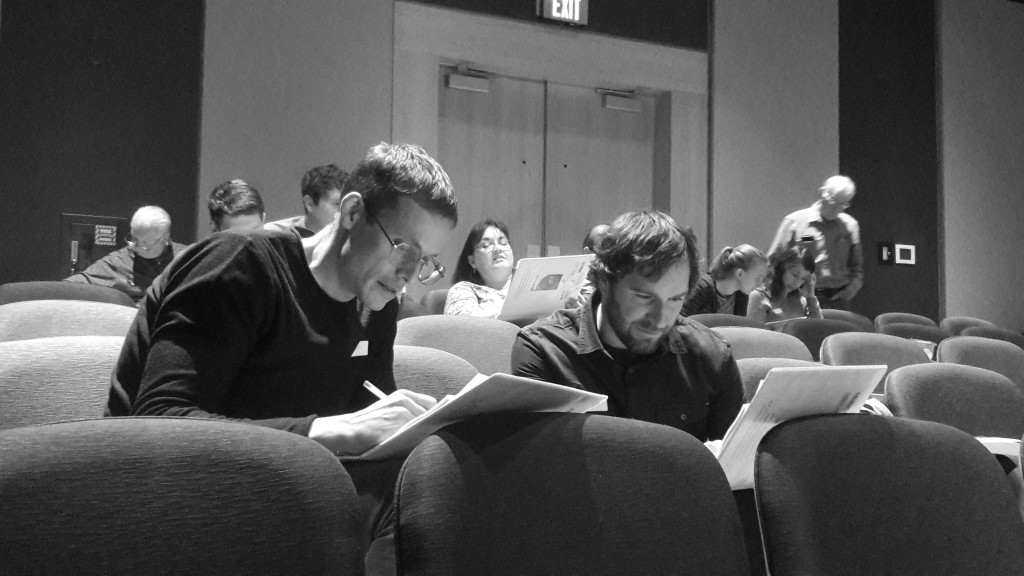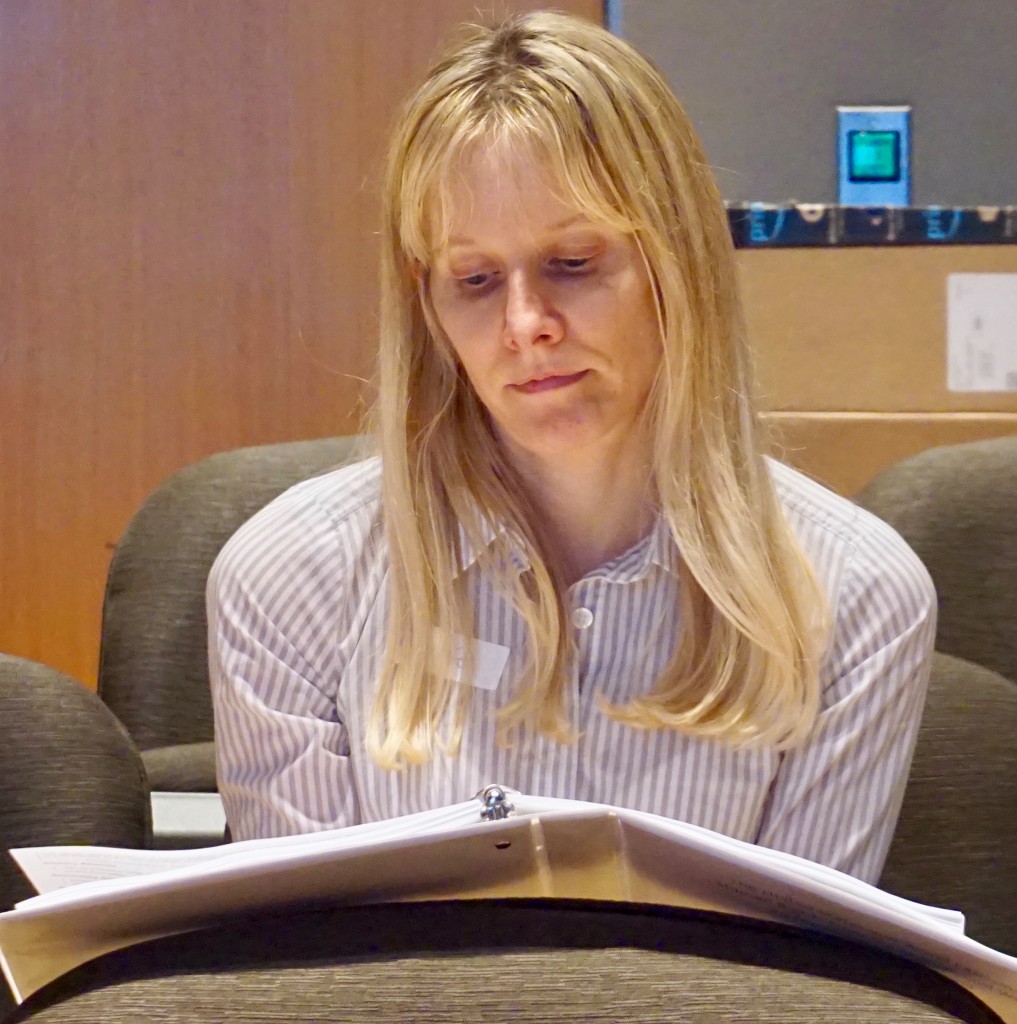ALBA’s Back in the Classroom: “When can we do this again?”
The Ohio high-school teachers who joined ALBA’s workshop in Beachwood, Ohio, this past October 12, left inspired—and wanting more.
Near the end of a long day of teaching, a social studies teacher with years of experience in the classroom broke the rules and called out (without raising her hand), “When can we do this again?”
The day-long workshop on “The United States and World Fascism: Human Rights from the Spanish Civil War to Nuremberg and Beyond,” was held at the Maltz Museum of Jewish Heritage as part of the slate of professional-development offerings through the North Eastern Ohio Education Association and with support from Ohio Humanities, state-based partner of the National Endowment for the Humanities.
The ALBA program for secondary-school teachers of social studies and language arts (especially Spanish and English teachers) focuses on a carefully selected anthology of primary sources that range from letters written by volunteers of the Abraham Lincoln Brigade about their reasons for going to Spain to published essays by journalists and politicians as well as literary pieces (poetry, short fiction) that can be used in a variety of classrooms. In addition to written materials, ALBA’s instructors in Ohio, Sebastiaan Faber and Peter Carroll, introduced compelling visual sources—posters, photographs, paintings, newsreel clips, and oral histories made decades ago.
We find that teachers of all political stripes seek educational materials that link the past to the present. Today, there’s a special fascination with issues related to fascism and anti-fascism and the dilemmas associated with extending human rights. The history of Spain’s Civil War is a benchmark for addressing those issues, which extend to the origins of World War II and the Nuremberg tribunals that attempted to define war crimes and punishments, culminating in the postwar creation of the United Nations Declaration of Human Rights.
Teachers of all political stripes seek educational materials that link the past to the present.
Among related issues that appeal to teachers are matters of ethnicity and race, class and gender—topics that can be traced for decades through the 20th century into our own times. For example, we ask questions about the rights of refugees, then and today, and encourage teachers to develop teaching tools that will engage their students.
The Maltz Museum was a particularly appropriate setting, since it sponsors its own programs for teacher education including an anti-racist “Stop the Hate” essay contest for high school students and provides a Hate Map room installation to identify fascist-type organizations around the United States.
We’re already making plans to go back to Ohio!
Three weeks later, ALBA drew nearly 50 New York City teachers to its annual professional development day held at the King Juan Carlos Center of NYU on Election Day in November. The next day, Peter Carroll and ALBA’s new Board member Maria Hernández Ojeda brought the educational packages to Bergen County Academies in New Jersey, providing workshops for more social studies and Spanish teachers.
We’re on a roll! Please be generous in supporting ALBA’s Teaching Institutes as we carry on anti-fascist lessons around the country.














